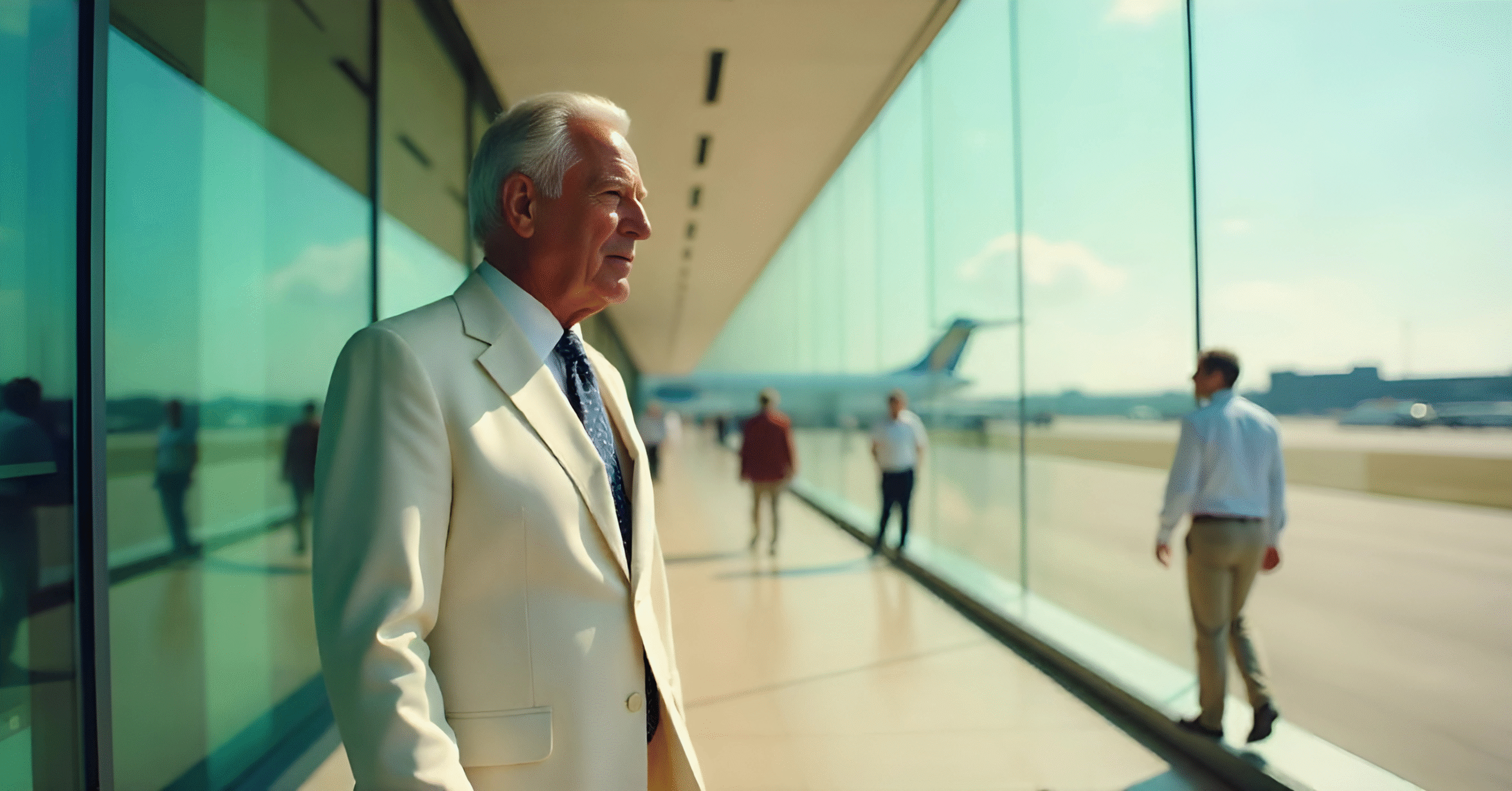The world recognizes King Charles III as both a royal figure and an environmentalist who began his activism well before sustainability became a global priority. Throughout his decades of service, King Charles has used his royal platform to promote organic farming in the 1980s, support green architecture, and most recently, lead efforts through King Charles sustainable travel initiatives, highlighting his commitment to environmentally conscious transportation.
King Charles has implemented substantial sustainable travel measures to decrease his environmental impact and drive innovation and shape public conversations about sustainability. This paper examines his environmental travel programs and their connection to international sustainability objectives and their effects on both UK and international communities.
A Lifelong Environmental Advocate
The foundation of King Charles’ environmental advocacy needs to be understood before analyzing his sustainable travel initiatives. He has dedicated multiple decades to advocate for climate change and biodiversity loss and pollution issues. The Sustainable Markets Initiative (SMI) emerged in 2010 when Prince Charles established this organization to develop an economic framework that preserves the planet instead of exploiting it.
Throughout his life King Charles has maintained a belief system that unites human development with natural preservation. Through his new position as King he possesses greater power to lead environmental responsibility initiatives particularly in royal travel which faced previous criticism for its high carbon footprint.
Greener Modes of Royal Transportation
1. Electric and Biofuel-Powered Vehicles
One of the most visible shifts in King Charles’ approach to travel has been the transition to cleaner vehicles:
- Electric Cars: King Charles has introduced electric vehicles into the royal fleet as part of his commitment to environmentally conscious transportation. His renowned Aston Martin DB6, now powered by bioethanol derived from surplus wine and cheese byproducts, highlights his creative commitment to sustainability.
- Hybrid and EV Adoption: The royal household has steadily increased its use of hybrid and fully electric vehicles. This supports not only the UK’s goal of phasing out petrol and diesel cars but also sets an example for both individuals and institutions.
2. Train Travel Over Private Jets
Although royal duties often necessitate air travel, King Charles has increasingly opted for train journeys when feasible. His use of the Royal Train for evaluation of alternative energy conversions coincides with his preference for scheduled flights instead of private jets to reduce his environmental impact.
The royal family demonstrates a cultural transformation by embracing environmental responsibility through this shift.
Read Also: Florida Panthers Travel Packages: A Guide for 2025
Sustainable Aviation Advocacy
The monarch demonstrates his interest in developing sustainable aviation fuels (SAFs) and alternative aircraft technology. The monarch backs initiatives that develop cleaner fuels and technologies because air travel produces substantial global emissions. Through his public addresses he advocates for financial support of:
- Hydrogen-powered aircraft
- Electric aviation
- Advanced biofuels
The King uses Sustainable Markets Initiative to unite industry leaders with innovators and governments who work together for scalable transport and aviation solutions.
The Sustainable Markets Initiative: Travel Sector Focus
The Sustainable Markets Initiative (SMI) launched its operations through the World Economic Forum in Davos during 2020 to accelerate global economic sustainability. The initiative directs its focus toward creating carbon-free transportation systems which specifically targets air travel and land and sea transportation.
Key efforts include:
- Promoting circular economy principles in travel and tourism.
- Encouraging companies to adopt climate-friendly travel policies.
- Supporting green finance for sustainable transport infrastructure.
Influence on the Royal Household and British Government
As monarch, King Charles plays a ceremonial role, but his influence on policy and public opinion is significant. His commitment to sustainability has helped:
- Encourage government discussions on green infrastructure and travel.
- Promote eco-tourism within the UK.
- Encourage transformative changes in both public and private sectors, particularly in travel and transportation industries.
The royal palaces together with royal residences have integrated energy-efficient technology with eco-friendly practices and sustainable procurement policies to support his environmental and travel initiatives.
Criticism and Challenges
King Charles’ sustainable travel initiatives face criticism despite making progress in this area. Royal duties using helicopters along with private jets have faced criticism due to the symbolic nature of the monarchy.
However, it’s important to note that:
- Security requirements and royal protocols often shape how the royal family travels.
- The King and his team have increasingly made offsetting efforts and transparently disclosed travel emissions.
The road to fully sustainable royal travel is complex, but King Charles has undeniably steered it in a greener direction.
Public Engagement and Leading by Example
King Charles stands out because he merges advocacy work with tangible actions. He practices what he preaches about sustainability by including it in his daily life. Through his transportation choices and green policy promotion and innovative investments King Charles communicates to the public that every journey counts.
Read Also: How Can I Become a Travel Agent? Step-by-Step Guide
His initiatives appeal to younger generations because they demonstrate environmental responsibility and these young people are more likely to adopt sustainable travel practices when influential figures lead by example.
Conclusion
The sustainable travel programs of King Charles demonstrate his wider perspective on creating a balance between transportation needs and environmental awareness. His leadership through the Sustainable Markets Initiative combined with his support for sustainable aviation and his selection of clean vehicle options transforms royal travel into an environmentally responsible practice.
The world’s focus on climate change and carbon emissions allows King Charles to show that traditional roles can still support necessary planet-friendly innovations.

No responses yet